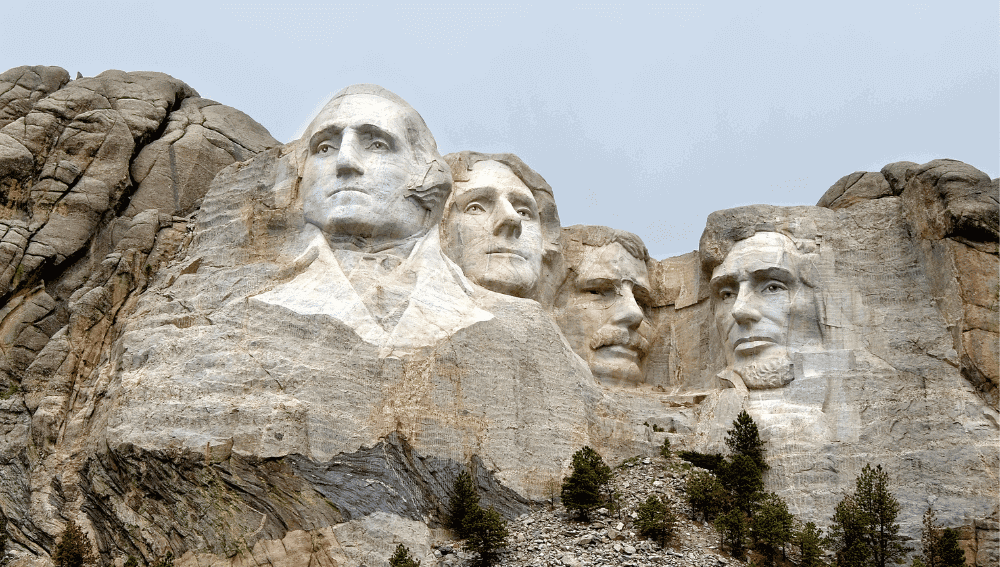EXCERPT
When I first moved to the United States I did what any new arrival should do. I read about the country. And the first book I chose was Paul Johnson’s “A History of the American People.” Published 25 years ago, it has a memorable opening line: “The creation of the United States of America is the greatest of all human adventures.”
Just one thing that struck this then new arrival was that 25 years later it would be almost impossible for a book about this great country to begin with such a positive line.
Even in the period I have been here I have seen the whole story of this country turned on its head. A country that used to feel good about itself is being taught to feel bad about itself. A country which has done such a power of good in the world has been told to consider itself a great force of evil in the world. Almost everything in the American story has been turned on its head. With a quite deliberate intent.
• • •
Well it is time that Americans pushed back against this. It is something I am trying to arm people to do, in my own small way. I think this country is an extraordinary place. If I didn’t then (like millions of others) I would never have made my way here. But America is amazing not by accident, but by design. It is time we understood that design, and paid due reverence to the designers themselves. Because we have not just something — but everything — to be thankful to them for.
Stanford University made some headlines this week with the news that they the latest people to try to rewrite the English language. According to the university´s authorities, certain words are “harmful” and need to be replaced.
For instance “immigrant” should be replaced by “person who has immigrated.” Which is a distinction with absolutely no difference. “Grandfather” should apparently be replaced with “legacy.” So if you see you grandfather over Christmas be sure to say “Hey legacy.” I’m sure that’ll cheer him up. Oh and you are also not meant to use the words “American” or “brave” because we have to placate the cowardly community. A community that many academics at Stanford certainly know something about.
But I have a question for the bods who think this is a good idea. Let’s say we get rid of all the harmful words. What, then, are you going to do about the harmful world? If you think that coddling students from “harmful words” is going to protect them from the deeply harmful world out there then I fear Stanford graduates are going to be in for a shock, and are likely to ask for their money back.
Douglas Murray is associate editor of The Spectator and author of The War on the West: How to Prevail in the Age of Unreason, among other books.
